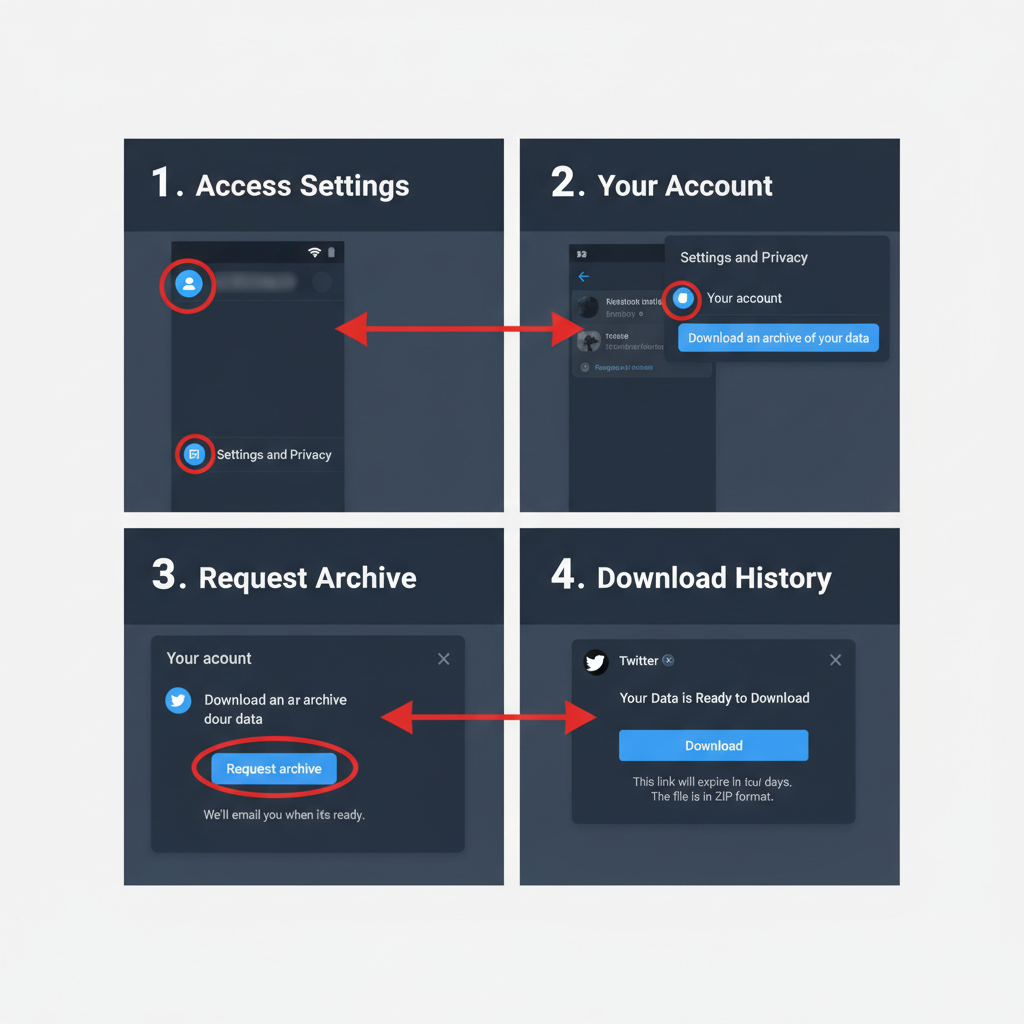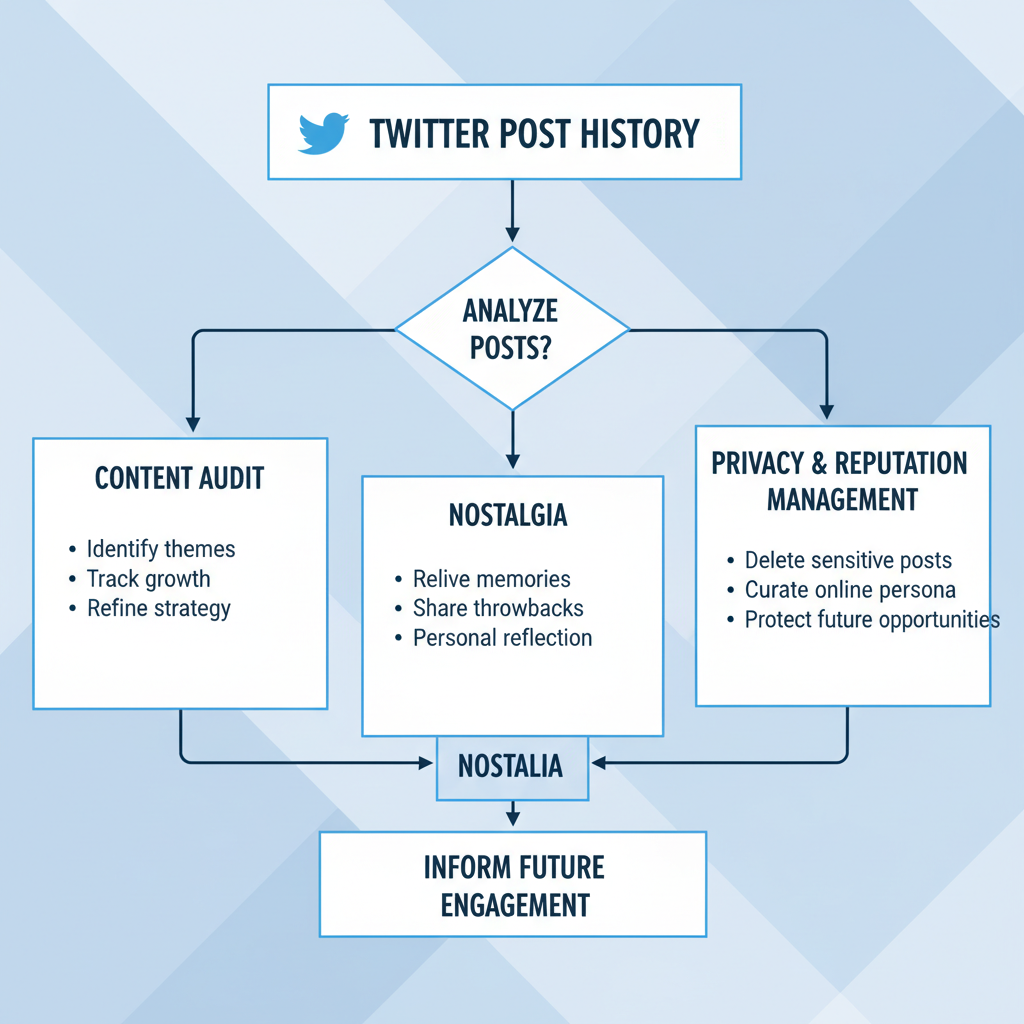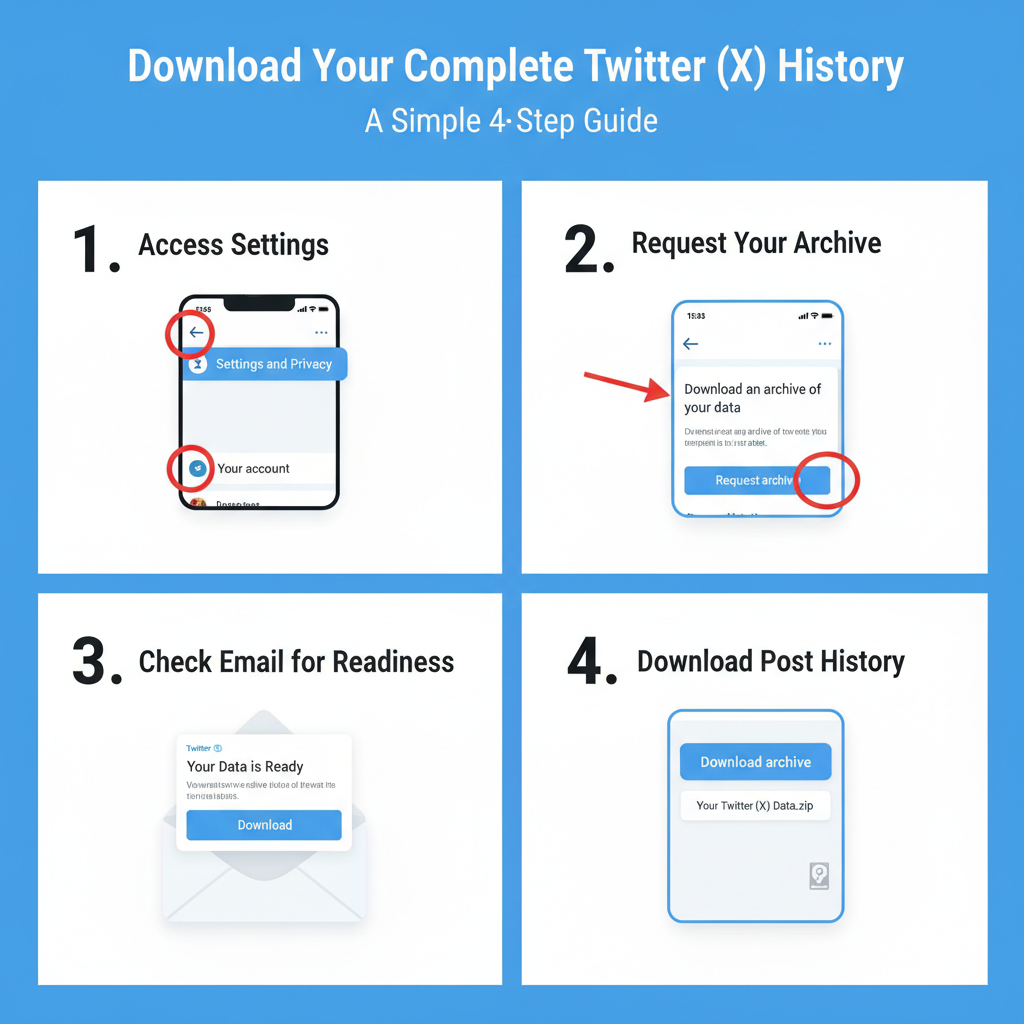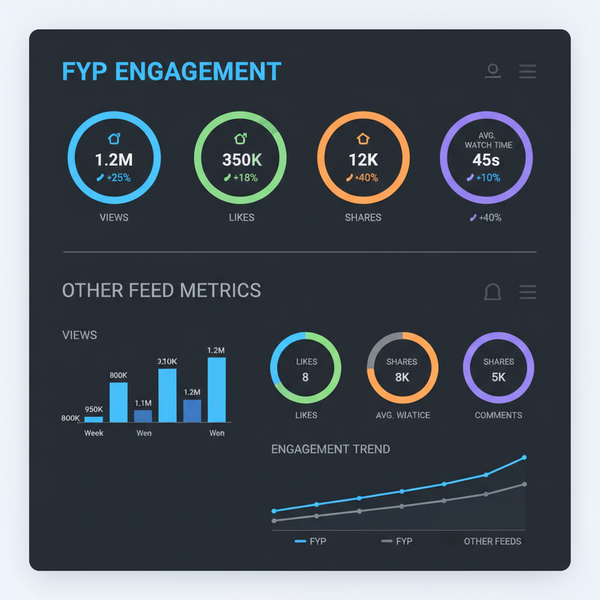Check and Download Your Complete Twitter Post History
Learn how to search, download, and manage your complete Twitter post history to audit content, protect privacy, and maintain your online reputation.

Introduction to Twitter Post History
Your Twitter post history is a comprehensive log of every tweet, retweet, reply, and media post you’ve ever shared. Understanding and managing this history is essential for personal branding, privacy protection, and content strategy. Whether you want to reminisce, audit, or clean up, knowing what’s stored and how to access it puts you in control of your digital footprint.
---
Understanding What Twitter Post History Includes
Your Twitter post history is more than just a chronological list of tweets; it encompasses every interaction you’ve had on the platform. Whether you're an individual creator, a brand, or a casual user, your history reflects your digital footprint across years of engagement.

Here’s what typically falls under Twitter post history:
- Tweets – Your original short messages, links, images, or videos.
- Retweets – Posts you've reshared from others.
- Media Attachments – Photos, GIFs, and videos posted directly.
- Replies – Responses you've made to other users’ tweets.
- Mentions – Tweets where others have tagged your handle.
- Quoted Tweets – Posts where you’ve embedded someone else’s tweet with commentary.
Understanding this scope is crucial before you start reviewing, exporting, or cleaning up old content.
---
Reasons to Review Your Twitter Post History
Reviewing your Twitter post history serves multiple purposes, both practical and personal.
Content Audit
Assess the consistency of your brand voice, check if older statements still align with your values, and identify outdated or incorrect content.
Nostalgia
Revisit milestones, important discussions, and watch the evolution of your online personality.
Privacy & Reputation Management
Spot old tweets with sensitive information, outdated opinions, or humor that hasn’t aged well. Regular audits protect your online reputation.
---
Using Built-In Twitter Search Filters for Past Tweets
Before downloading your complete archive, you can explore your Twitter post history using Twitter’s advanced search features.

How to search:
- Go to https://twitter.com/search-advanced.
- Use the relevant fields: Words, Accounts, Dates, and Filters.
- Specify your username in the account field to see only your posts.
- Limit the date range to narrow down specific time periods.
- Apply keyword filters to find tweets on a particular topic.
These filters help you find specific tweets quickly without combing through the full history.
---
Step-by-Step Guide to Downloading Your Twitter Archive
Downloading your archive gives you a complete offline record. Here’s a clear guide:
- Log in to your account.
- Go to Settings & Support → Settings and privacy.
- Choose Your account → Download an archive of your data.
- Verify your identity via email or SMS as prompted.
- Request the archive — Twitter notifies you when the file is ready.
- Download the `.zip` file from your account.
- Extract it to view an HTML file containing all tweets chronologically.
The archive contains tweets, retweets, media, likes, and direct messages.
---
Tips for Managing Large Archives
If your Twitter post history spans years, the archive can be massive.
Organizing your data
- By Date – Create folders named by year and month.
- By Keyword – Use search functions in your text editor to find specific topics.
- By Topic – Categorize into professional, personal, hobby-related content.
Useful tools
- Spreadsheet software (Excel, Google Sheets) for sorting.
- Text analysis scripts for keyword frequency counts.
- Media management apps for images and videos.
---
Using Third-Party Tools Safely to View Old Tweets
Various tools can make exploring your full Twitter post history easier. However, prioritize security and privacy.
Best practices:
- Pick tools with good reviews and transparent privacy policies.
- Avoid granting full posting permissions unless necessary.
- Prefer read-only access for viewing archives.
Examples include:
- TweetDeleter – for search and bulk-delete functions.
- AllMyTweets – to view every tweet on one page.
- Twitonomy – for analytical insights.
Always revoke app permissions for tools you no longer use via Settings → Security and account access.
---
How to Delete or Bulk-Remove Unwanted Posts
Housekeeping sometimes means removing tweets. Options include:
Manual Deletion:
Navigate to the tweet and delete it individually — slow but precise.
Bulk-Delete Services:
Tools like TweetDelete or TweetEraser allow deletion based on date, keyword, or engagement criteria.
Code-Based Approach:
If you have API access, you can run scripts:
import tweepy
## Authenticate with your credentials
auth = tweepy.OAuth1UserHandler(api_key, api_secret, access_token, access_token_secret)
api = tweepy.API(auth)
## Delete tweets containing a keyword
for tweet in tweepy.Cursor(api.user_timeline).items():
if "keyword" in tweet.text.lower():
api.destroy_status(tweet.id)---
Protecting Privacy While Exporting, Storing, or Sharing History
Even after exporting your Twitter post history, safeguarding it matters.
- Local Encryption – Encrypt before storing locally.
- Cloud Security – Use secure, password-protected cloud storage.
- Public Sharing – Remove sensitive items before sharing.
| Risk | Mitigation |
|---|---|
| Accidental leak | Store in encrypted formats |
| Unauthorized access | Use strong passwords and 2FA |
| Misuse of content | Limit shared excerpts |
---
Legal and Ethical Considerations for Using Archived Tweets
Reviewing and reposting your Twitter post history may involve legal issues.
Copyright Ownership
Your authored tweets are your intellectual property, but embedded tweets from others require respect for their rights.
Data Compliance
Depending on your location, storing certain personal data might trigger GDPR or CCPA obligations.
Ethical Reposting
Avoid removing context or using archived tweets to harass others.
Always consult local laws and platform terms before any public reuse.
---
Maintaining a Healthy Posting Strategy Moving Forward
Once you’ve audited your Twitter post history, refine your approach.

Tips:
- Set content themes and stay consistent.
- Schedule posts for regular engagement.
- Conduct cleanups every 6–12 months.
- Monitor responses and interactions to stay audience-aligned.
- Use analytics for data-driven adjustments.
---
Summary
Your Twitter post history can be a valuable asset or a liability depending on how you manage it. By learning how to search, download, organize, and securely store your archive — and delete or update outdated content — you maintain control over your online narrative. Start auditing today to protect your privacy, strengthen your personal brand, and prepare a strategy for future posts.




